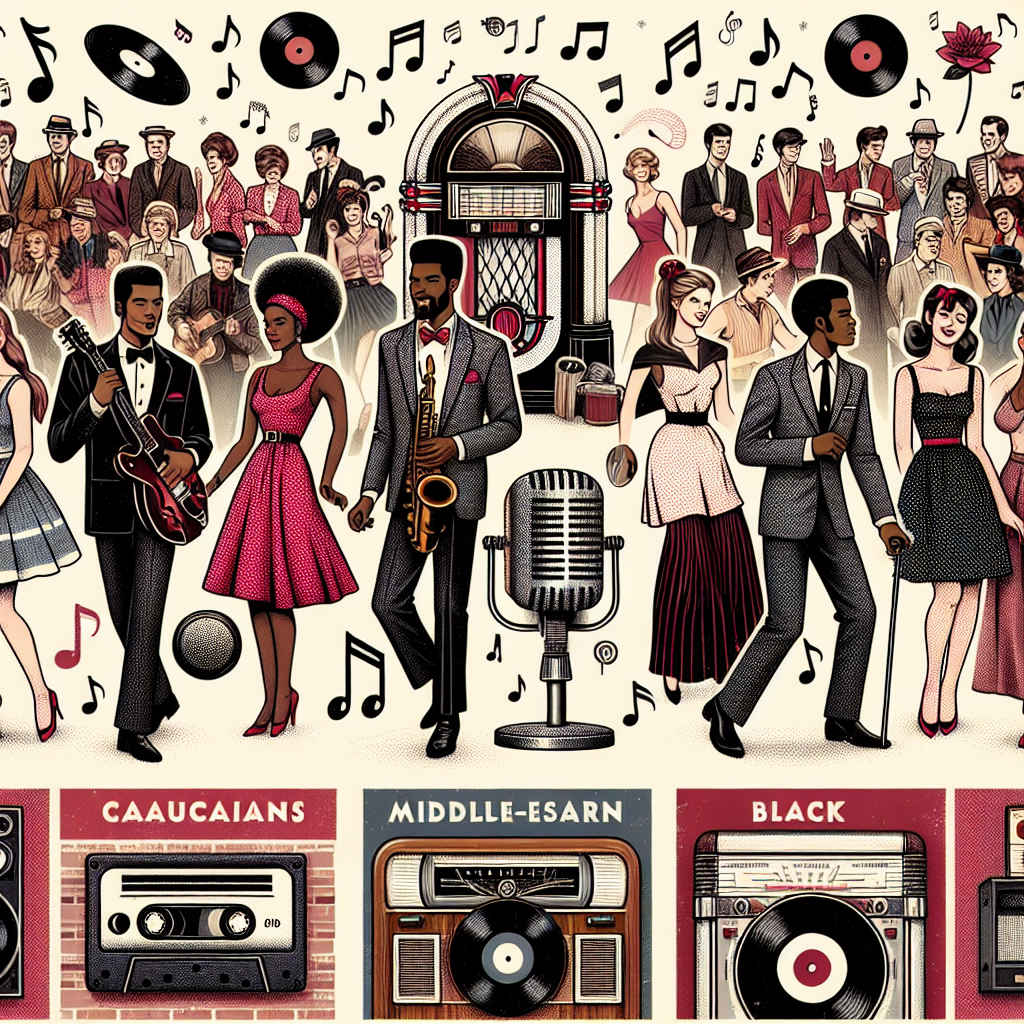Music has always been a powerful tool for reflecting the cultural shifts of society, and this was especially evident in the 1960s and 1970s. During this time period, music played a key role in expressing the changing attitudes towards politics, fashion, technology, and more. From protest songs to disco hits, the soundtrack of social change was diverse and impactful.
One of the most notable ways that music reflected the cultural shifts of the 60s and 70s was through its political messaging. Artists like Bob Dylan and Joan Baez used their music to protest against war, racism, and social injustice. Songs like “Blowin’ in the Wind” and “We Shall Overcome” became anthems for the civil rights movement and anti-war protests. Politicians were forced to take notice of these powerful messages, as they resonated with a generation that was seeking change.
Additionally, music also reflected the changing fashion trends of the time. The rise of rock ‘n’ roll brought with it a new sense of rebellion and individuality in style. Musicians like Jimi Hendrix and Janis Joplin embraced bold colors, psychedelic patterns, and unconventional silhouettes that challenged traditional notions of fashion. This influence could be seen not only on stage but also in everyday clothing choices as young people sought to express themselves through their wardrobe.
Furthermore, technology played a significant role in shaping the sound of music during this era. The introduction of electric guitars, synthesizers, and other innovative instruments allowed musicians to experiment with new sounds and genres. Bands like The Beatles pushed boundaries with their use of studio techniques like overdubbing and tape loops, creating groundbreaking albums like “Sgt. Pepper’s Lonely Hearts Club Band.” These technological advancements paved the way for future generations of artists to continue pushing musical boundaries.
Overall, the soundtrack of social change in the 60s and 70s was a reflection of a society in flux. Music served as a voice for those who felt marginalized or oppressed, allowing them to express their frustrations and hopes for a better future. While there were certainly challenges during this time period, there was also an undeniable sense of optimism that permeated through the music.
In conclusion, the music of the 60s and 70s played a crucial role in reflecting the cultural shifts that were taking place during that time period. From political activism to fashion trends to technological innovations, music served as a mirror for society’s changing attitudes and values. As we look back on this era today, we can appreciate how these songs continue to resonate with audiences around the world, reminding us of our shared humanity and our capacity for positive change.


Get involved!
Comments